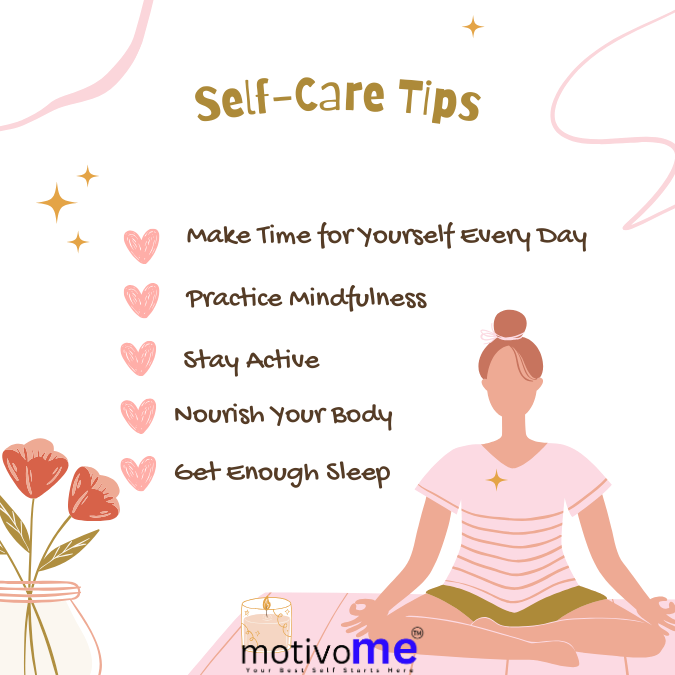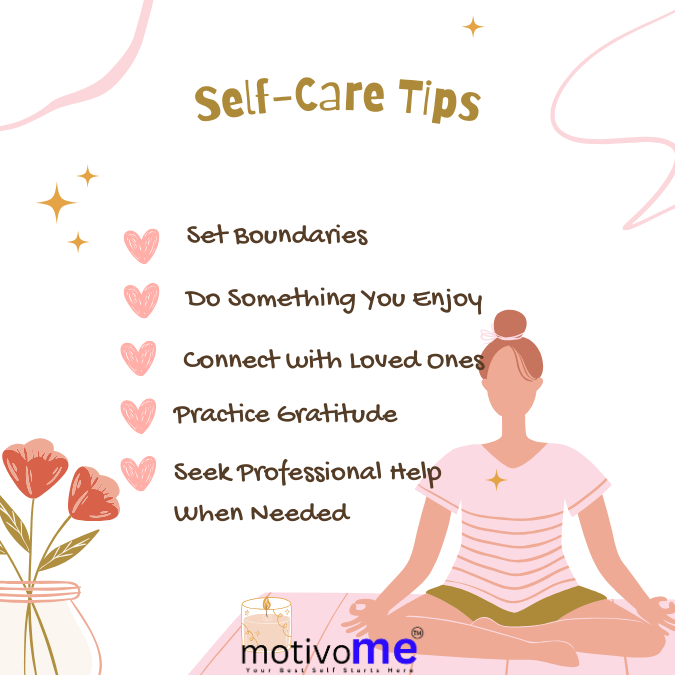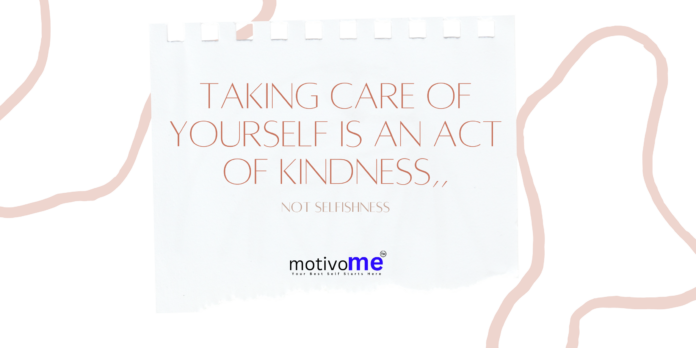Life gets in the way, and it’s pretty easy in today’s hectic world to forget to take care of oneself. Often, work, family, and regular life get in the way and leave very little time for self-care. Even so, taking care of oneself is important both in body and mind. Quite simply, self-care is not selfish-it’s essential. In this article, we look at some of the simple self-care tips that are very effective to help you stay focused on your well-being every day. You will be able to establish a healthy and balanced life by just following these tips.
What is Self-Care?
Self-care is aimed at activities and practices that keep one healthy, deal with stress, and make him/her feel his/her best. It requires one to take some time out of the daily schedule to spend on one’s needs and well-being, either physically, emotionally, or mentally. Continuous self-care can uplift your mood and give rise to energy levels; you will feel more in control of your life.
Why is self-care important?
Unfortunately, many individuals do not take care of themselves because they are too busy or it is not important. Well, there are some very important reasons why self-care is an essential thing to do:
Improves Mental Health: Relaxation time spent on yourself helps to lower the level of anxiety, depression, and stress.
Gives health to your body: regular physical activities, healthy nutrition, and decent sleep-all that is included in self-care-forms good health.
This will improve productivity: when you rest well and feel good, you show focus and productivity in your day-to-day activities.
A positive mindset is pretty well achieved: self-care helps you keep a positive approach toward life and face your challenges more constructively.
- Take Some Time for Yourself Daily
First things first, let self-care be an affair of everyday practice. Even if it is just 10 to 15 minutes a day, carve out some time for yourself where you are absolutely alone. It could either be a snippet of morning time, lunchtime, or before sleep even. Take this time slot to either relax, reflect upon, or do something that you like.
Practical Application: Start your day with a moment of silent meditation or a short walk. It sets a good tone for the rest of your day.
- Practice Mindfulness
Mindfulness is a workable practice of living in the present without judgment. Living in the present is about all the attention one pays to the present, rather than to feelings about the past or future. The practice of mindfulness improves mental well-being and reduces stress levels.
How to Practice: Engage in deep breathing exercises or short meditation sessions. You can also be mindful regarding eating: Pay close attention to the taste, smell, and texture of food.
Practical Example: Before you start working, do 5 deep breaths to clear your mind and set your focus on the present moment.
- Stay Active
Physical activity is an important ingredient in self-care. It improves mood, oxygenates the body, and enhances energy while keeping your body healthy. You do not have to spend hours at the gym, but just find ways of moving your body that you will enjoy.
Ideas: Take a walk, try yoga, dance to your favorite music, or go for a bike ride. Aim for at least 30 minutes of physical activity each day.
Practical Example: If you’re busy, break your activity into 10-minute sessions. Take a short walk during lunch or stretch while watching TV.
- Feed Your Body
Eating a balanced diet is one way to take care of oneself. What you eat can affect your mood, energy, and overall health. Pay more attention to nourishing your body with whole foods rich in nutrients such as fruits, vegetables, lean proteins, and healthy fats.
Practical Tips:
Plan your meals ahead so that during the week you can continue to eat healthy.
Drink plenty of water throughout the day and stay hydrated.
How it might look practicably: Pack an apple or a handful of nuts in case you are on-the-go for a healthy snack option-easy fuel for the body and helps you make positive choices.
- Get Enough Sleep
Sleep is an essential part of overall health and well-being. The human body heals itself while one sleeps, and the brain processes everything that happens around an individual. Insufficient sleep contributes to stress, concentration problems, and low levels of energy.
Sleep Tips:
Aim for 7-9 hours every night.
Develop a bedtime routine to wind down, such as reading or taking a warm bath.
Avoid screens to improve sleep quality.
Practical Application: Establish a routine bedtime and rise time, even on weekends, so your sleep pattern can be healthy.

- Set Boundaries
The setting of appropriate limits is an integral part of self-care. That is all about recognizing one’s limits and not overcommitting oneself. Say “no” when you need to but show priority to activities that are enjoyable and gratifying to you.
Practical Application: Whenever you feel overwhelmed with work, step back and allow a few others to help with the tasks. This can avoid burnout and allow some time for self-care.
- Do Something You Like
Make time for those activities which make you happy and take you to a relaxing phase of mind. It may be anything: reading, painting, gardening, or even watching your favorite movie. Doing something you like is a good way to regenerate yourself.
Practical Application Make time for your favorite hobby just as you would for any other important appointment by blocking it in your calendar. 8. Connect with Loved Ones Spending time with friends and family is emotional self-care. Human connection is important to mental well-being. Surround yourself with people who uplift you and are good for your ego.
Practical Application: Set dates and stay in regular contact with friends by being there for people via telephone, an afternoon of coffee, or on video chat.
- Practice Gratitude
The practice of focusing on what you are grateful for has a way of shifting thoughts and improving mood. Regular gratitude practices have shown to reduce the levels of stress and increase happiness in individuals.
Gratitude Practices:
Write in a gratitude journal three things you are thankful for each day.
Reflect on positive experiences and things that are going right in your life.
Practical Application: Take one minute each day to reflect on one thing that made you smile or feel grateful.
- Seek Professional Help When Needed
Self-care doesn’t mean dealing with it alone. Sometimes, seeking expert advice from a therapist, counselor, or healthcare expert becomes just as important it gets with personal care. If you’re feeling overwhelmed, anxious, or stressed, talking to a professional can provide guidance and support.
Practical Example: If you are having a hard time dealing with stress, find the opportunity to schedule a session with a therapist; you will come out of that session with a few good coping strategies.





